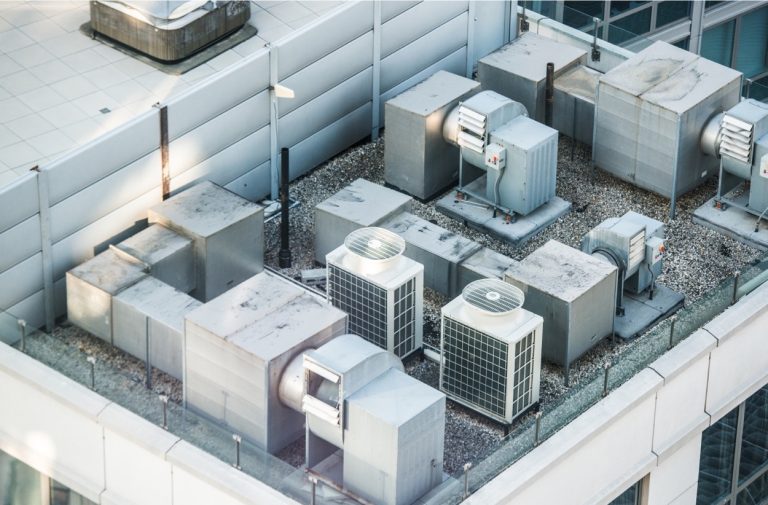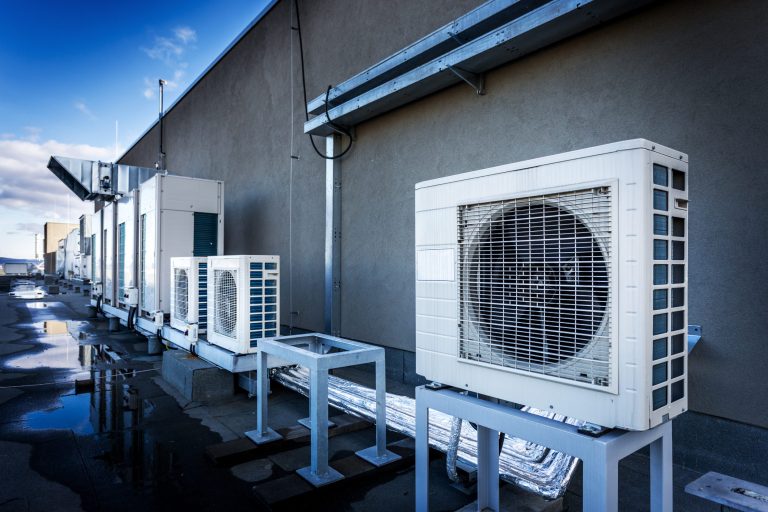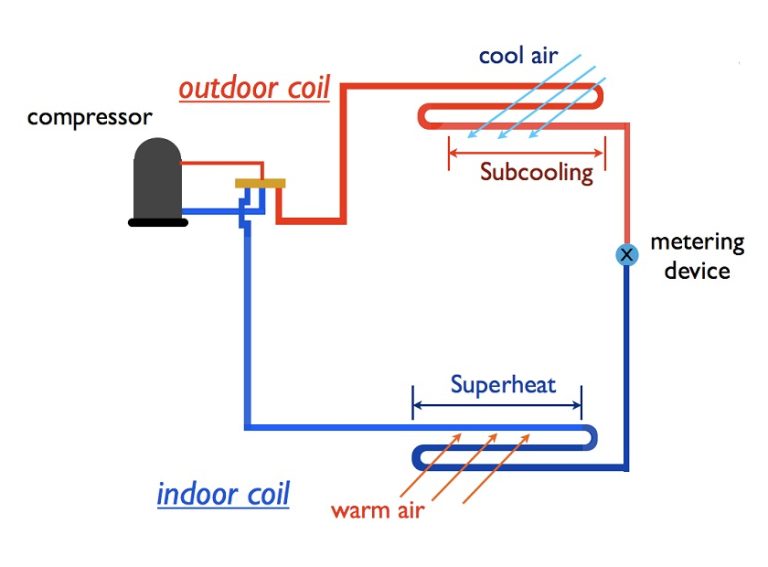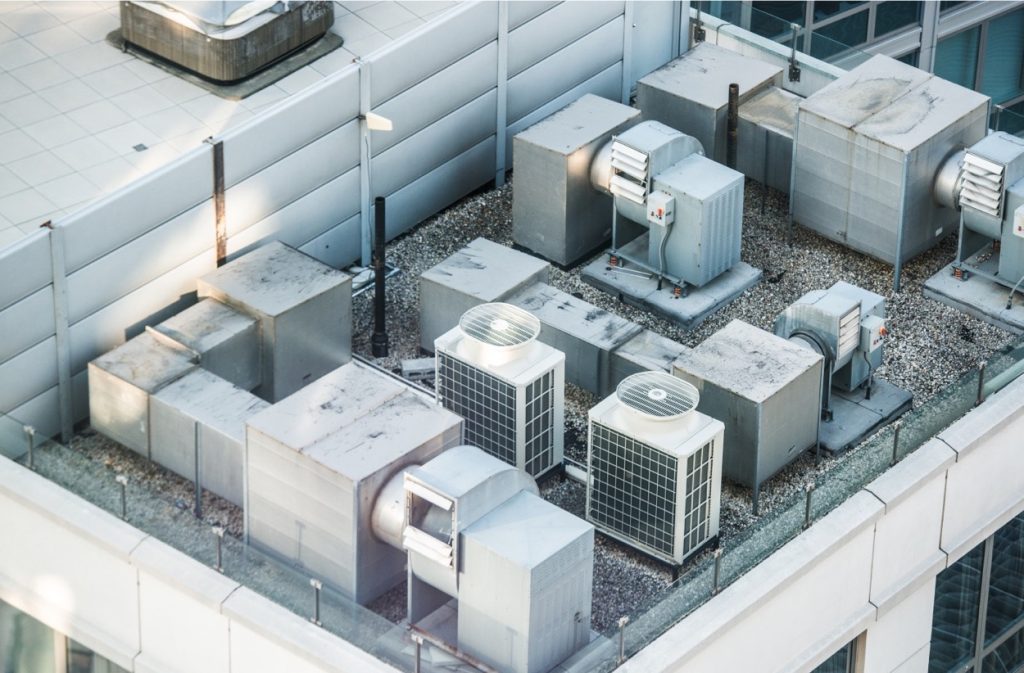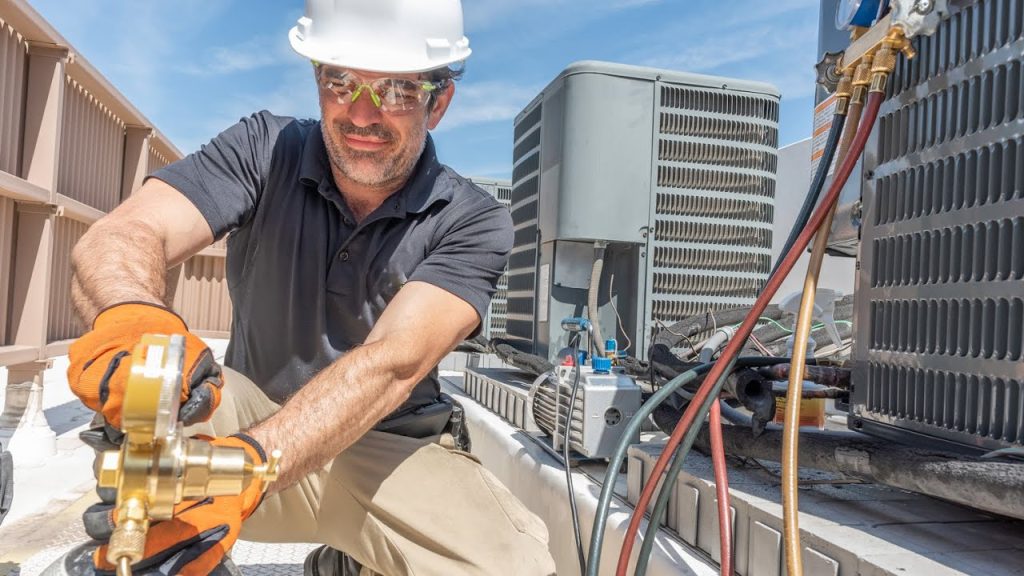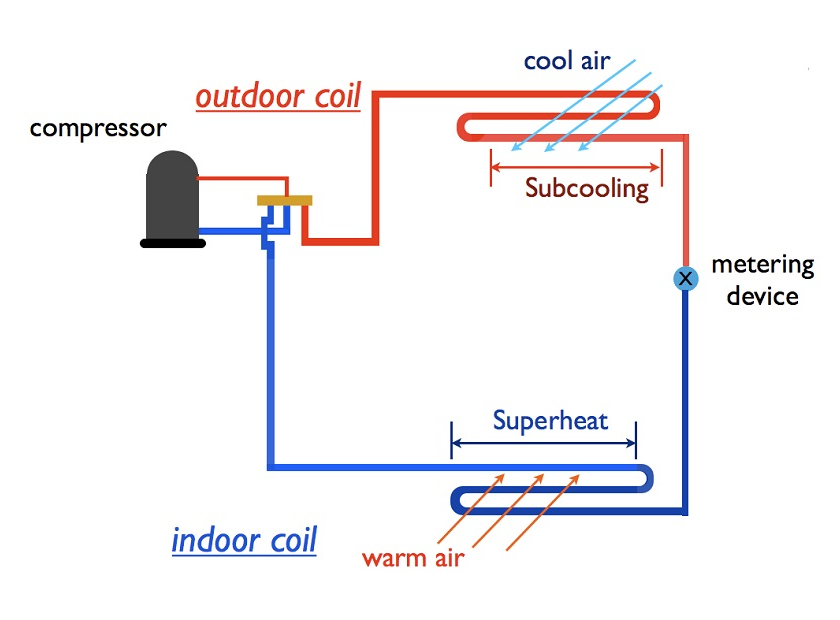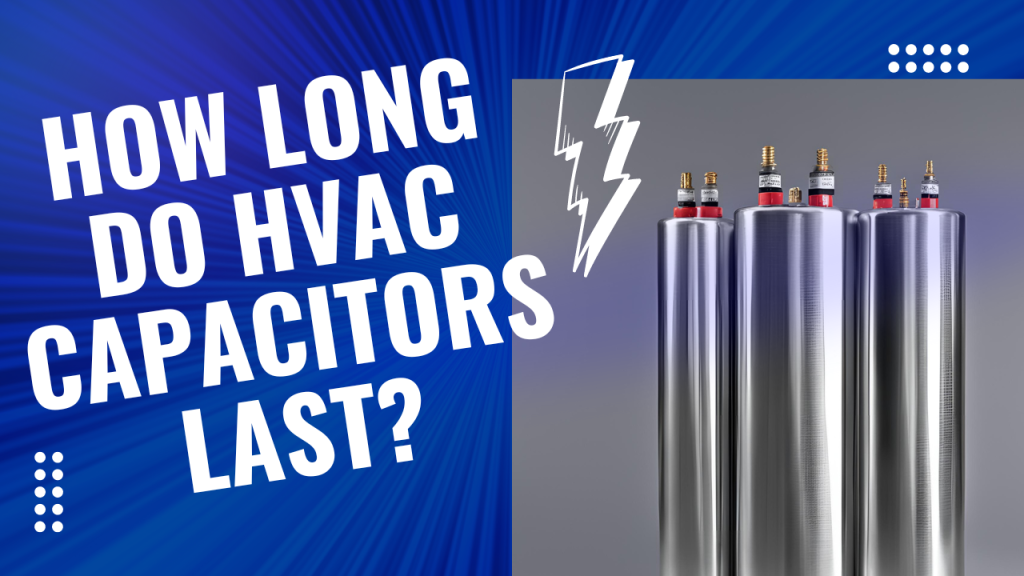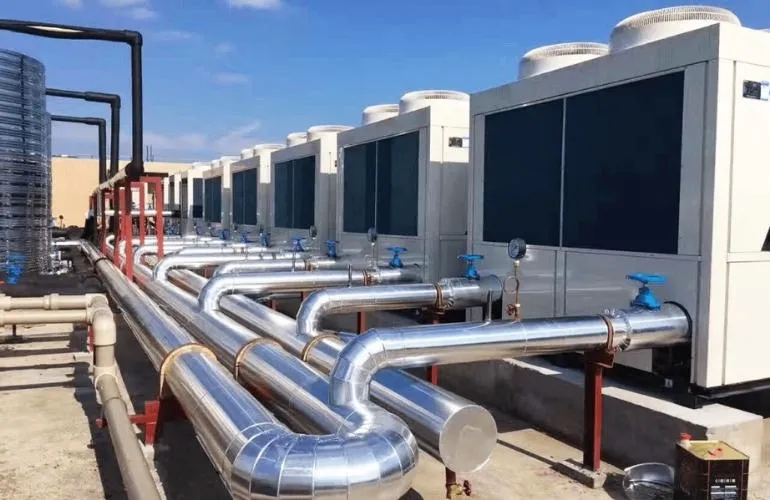If you’ve noticed water pooling around your refrigerator or a strange hissing noise coming from the appliance, it might indicate a freon leak. Freon, the refrigerant gas used to cool the fridge’s interior, can be harmful to both the environment and your finances if it escapes. In this article, we’ll explore the top six signs of a freon leak in your refrigerator, how to address the issue, and provide valuable information about refrigerator freon. This guide will equip you with the essential knowledge to keep your fridge in top condition and prevent potential damage. So, gather your tools, and let’s dive in!
What is Freon?
Freon plays a crucial role in the cooling systems of modern refrigerators by facilitating heat transfer. This compound operates under pressure, circulating to extract heat from the fridge’s storage compartments, thus ensuring the desired temperature is maintained according to the thermostat settings. While this system is efficient, it relies on being a closed loop. A freon leak, however small, can disrupt normal operations. If a minor leak occurs, the performance might gradually decline, remaining unnoticed for a while. Eventually, significant freon loss will lead to a complete malfunction of the refrigerator. In this article, we’ll explore the typical signs thatindicate a freon leak in your refrigerator and discuss potential solutions to address the issue
Do Modern Refrigerators Use Freon?
The short answer is no. All refrigerators manufactured after 2020 will not use freon as a refrigerant. For many decades, this compound was chosen to remove heat from refrigerator compartments. However, this synthetic compound gas is toxic, must be handled by professionals, and is very bad for the environment.
For these reasons, the US discontinued the importation and production of freon in January 2020. The latest refrigerators now use HFC-134a or some other hydrofluorocarbons instead.
Use Of Freon During Refrigerator Operation
Freon, often referred to as R-22, was widely utilized as a refrigerant in refrigerators, playing a crucial role in transferring heat from inside the appliance to the external environment. However, due to its detrimental impact on the environment, its use has been discontinued. Today, more eco-friendly options like R-134a, R-600a, and R-290 are preferred in refrigeration systems. These alternatives offer effective cooling while significantly reducing environmental harm, aligning with global efforts to protect our planet

Signs to know if fridge is leaking Freon
Whether your fridge operates with freon or another refrigerant, there are some tell-tale signs that can indicate a leak.
1. The Food Isn't Cold
One of the most obvious indicators is when your food isn’t as cold as it should be. We expect our to be chilled, and if they feel warm, something is likely amiss. Even in the early stages a leak, your food might spoil faster than usual. Stocking up on groceries could lead to unnecessary waste if not addressed promptly, so fixing this issue quickly is crucial.
2. Unusual Musty Smells
Certain refrigerants, like freon, can emit a musty odor when leaking. This becomes especially evident if the refrigerator is in a confined area with limited ventilation. It’s easy to assume the smell is from spoiled food, but if thorough checks reveal no expired items, the odor could be from a refrigerant leak
3. Constantly Running Motor
When the internal temperature rises due to a refrigerant deficiency, the condenser and compressor work overtime to cool things down. This increased workload causes the motor to run continuously, putting it under stress. An overworked motor is more prone to breaking down, potentially leading to costly repairs.
4. Higher Electricity Bills
While seasonal changes can impact energy costs, an unexpected increase in your electricity bill could indicate a problem. A constantly running refrigerator motor uses more power. If there’s no clear reason for a spike in energy usage, it might be due to a refrigerant issue.
5. Unexpected Health Issues
Freon is hazardous and should only be handled by professionals. Exposure can cause nausea, headaches, and other symptoms, especially with prolonged contact. Individuals with heart conditions are at greater risk, as high freon exposure might lead to arrhythmias or palpitations. Fortunately, these health effects are generally short-lived and should resolve after fixing the leak. Be mindful of similar symptoms in children and pets, as refrigerant tends to settle near the floor.
6. Oily Residue
If you notice an oily puddle forming under your fridge, it could be leaked refrigerant. Avoid touching or cleaning it, as it can be harmful. The longer the leak persists, the more refrigerant will escape. It’s best to have a professional address the issue to ensure safe handling.
7. Warm Freezer, Cool Fridge
A warm freezer and a cool refrigerator might seem like a refrigerant issue, but it’s often a false alarm with an easy fix. The defrost heater might be stuck, leading to water puddles. This is frequently mistaken for a leak, but you can verify it by checking if the bottom of the freezer is hot. Consult your owner’s manual for instructions on resolving defrost mode issues

How Can I Fix a Refrigerant Leak?
Before taking any action, it’s crucial to recognize one of the seven common indicators mentioned above to verify if indeed it’s a refrigerant leak. Often, the issue might just be due to condensation overflow, a water leak, or a spill from something stored in the fridge. Once you’re certain it’s a refrigerant leak, ensure children and pets are kept away from the area. Ventilate the space to disperse the accumulated air near the ground. If you have a respirator mask, wearing it can minimize exposure and protect your health.
The next step is to address the refrigerant leak as a priority. The situation won’t improve without intervention, and ignoring it will only make the leak worse. Remember, freon and other refrigerants are toxic and should be handled with care, with appropriate disposal measures in place.
While you might be tempted to fix the leak yourself to save on repair costs, it’s not the recommended approach. Adding sealant to the leak can be both dangerous and ineffective. The refrigerant is under pressure, and the refrigerator system needs recharging. It’s best left to a professional appliance specialist who knows how to perform the task safely.
We hope we’ve shown that DIY refrigerant leak repairs aren’t advisable. You may find repair kits at DIY stores or online, but they often have inconsistent results. A basic sealant won’t withstand the constant pressure the refrigerant is under. If the refrigerant line is damaged in multiple spots, it might be more practical and economical to replace it entirely. Remember, refrigerant leaks pose a potential health hazard in your home and need prompt attention.
What Does a Professional Technician Do?
Once you’ve scheduled an appointment with a technician, it’s important to keep the area clear to ensure safety until the leak is fixed. You might want to relocate your food if you have a spare refrigerator or a nearby family member or friend with available space. If the appointment is a day or two away, you should manage with your refrigerator until then
When the technician arrives, they’ll assess the problem and propose a solution. The issue might be rust holes on the condenser coils where the refrigerant is escaping. The technician can remove the rust and weld a patch directly onto the condenser tubing. Alternatively, they might apply a special adhesive that hardens over the leak, like a welded patch.
If there are multiple holes, the technician will likely replace the tubing. If a condenser or compressor valve has failed, it will be replaced. If there’s a faulty component in the compressor or condenser, the unit might be repaired or replaced. For extensive refrigerant leaks, you may need to hire a disposal service to safely remove every drop
How to Prevent Your Refrigerator from Leaking Freon
IMPORTANT
Never try repairs you’re not familiar with! Prying open, puncturing, or cutting into your fridge can damage the tubing, leading to a leak. Scraping ice out of the freezer can also
cause damage if done incorrectly. A leak might also result from misusing a pressure gauge on thetubing, potentially breaking the seal. This could be the cause if your refrigerator is leaking Freon.
Freon and its Effect on Health
A slow Freon leak from your refrigerator isn’t usually an immediate health threat. Freon isn’t a carcinogen, but it does have cumulative effects over time. There are still risks associated with a leak that should be swiftly addressed.
For most adults, Freon is dangerous only at extremely high concentrations, more than a refrigerator could produce. However, Freon can cause dizziness, and inhaling it can have more severe effects on individuals with preexisting heart conditions. As mentioned earlier, Freon is dense, so if your fridge leaks, the gas remains concentrated near the ground. This means children and pets in the area will inhale more of it and may experience symptoms.
Freon becomes toxic when exposed to an open flame. In any kitchen, especially a commercial one, these conditions are more likely to co-occur. If you use gas stovetops, keep them off if your refrigerator is leaking Freon.
Freon and the Environment
While it may not be an immediate health emergency, addressing a Freon leak promptly is crucial. Freon is extremely harmful to the environment and is one of the most potent pollutants. When released into the atmosphere, it depletes the ozone layer, which shields the earth from the sun’s radiation
FAQs
Does my fridge use freon?
Whether your refrigerator uses Freon hinges on its age and model. Older fridges often relied on Freon as a refrigerant, while many modern units have shifted to eco-friendlier options like HFCs or HFOs. Knowing your fridge’s refrigerant can guide maintenance decisions.
How does freon gas smell?
Freon emits a sweet, chloroform-like scent detectable even at low concentrations. However, sensitivity to this odor varies among people, and some might not notice it at all. Recognizing this smell can be crucial in identifying leaks early
How to add Freon to a refrigerator?
Adding Freon isn’t a DIY task. It requires specialized tools and should be performed by a certified technician. Attempting to add Freon without expertise can be hazardous and may harm your appliance. Always consult a professional to handle refrigerant issues safely.
Is freon dangerous and may cause poisoning?
Freon poses significant health risks if inhaled in large quantities. Exposure symptoms include dizziness, headaches, and nausea; prolonged contact can lead to severe health concerns. Understanding these risks highlights the importance of proper handling and professional maintenance.
How much does it cost to fix a freon leak?
Whether your refrigerator uses Freon hinges on its age and model. Older fridges often relied on Freon as a refrigerant, while many modern units have shifted to eco-friendlier options like HFCs or HFOs. Knowing your fridge’s refrigerant can guide maintenance decisions.
Does my fridge use freon?
Repairing a Freon leak in a refrigerator can range from $150 to $1000, depending on the severity of the leak and the refrigerant’s cost. Addressing leaks promptly can prevent further damage and ensure your fridge operates efficiently

